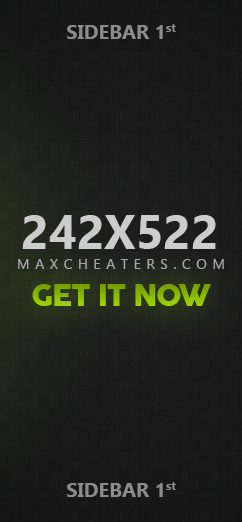[Guide]Quest Engine.
-
Posts
-
Vouch for @Ave i can say im very statisfied with the order I've made he was fast and reliable i totally recommend him to anyone who wants a decent updater with high quality design.
-
By thescorpi11 · Posted
What can I say other than that I’m satisfied with the order I made. The guy is reliable and very good at what he does. I recommend him 100%. -
By puredemonsss · Posted
Lineage2 Freya High Five @ Reshade with fog and rain etc @ Gracia final epilogue atmosphere this reshade will eat lots of GPU power 50% or more of an RTX 3060 so be carefull depending on what effects are activated and their settings will eat even more GPU recomended 60hz monitor settings and via nvidia panel in Lineage2 game profile vsync settings to on effects are set up till film deck and the rest are not used but still working again this can eat alot of GPU Don't overheat GPU this is for freya high five but might work on others too copy in the System folder the folder reshade-shaders and the files d3d9.dll ReShade.ini ReShadePreset.ini ReShade.log CccDddCcc.ini insert opens the menu and delete is on and of some settings need ctrl + left click to be changed making another profile will reset the not activated effects to their default values so just copy the profile CccDddCcc and rename if needed also something needs to be closed from settings in game menu, the blur at distance and advanced shaders but keeping the advanced water effects all reflections for those that don't like the h5 look of the sky and the red fog and rain and ambien red at night on all maps well if we want the cool gracia final epilogue back then we need to do this rename the Maps folder to Mapsretail or whatever copy the Maps folder from gracia final epilogue to h5 also we need the L2_Skies.utx from gracia final epilogue Textures folder to be replaced and also we need to do the same to the files timeenv0.int timeenv1.int timeenv2.int timeenv3.int found in system folder another setting that will probably be needed but not really tested out is to open file option.ini from system folder and add cachesize like this [FirstRun] FirstRun=2 [Engine.GameEngine] CacheSizeMegs=512 also maybe is good to change those to 4.000000 [ClippingRange] Terrain=4.000000 Actor=4.000000 StaticMesh=4.000000 StaticMeshLod=4.000000 Pawn=4.000000 sorry bad english https://mega.nz/file/aRNXxDrQ#mbxrNERBtW0XEEezK6w8-86oZWuX1k6NgtR6RZWKRVM the compression on the video is kinda bad but meh
-
Topics







Recommended Posts